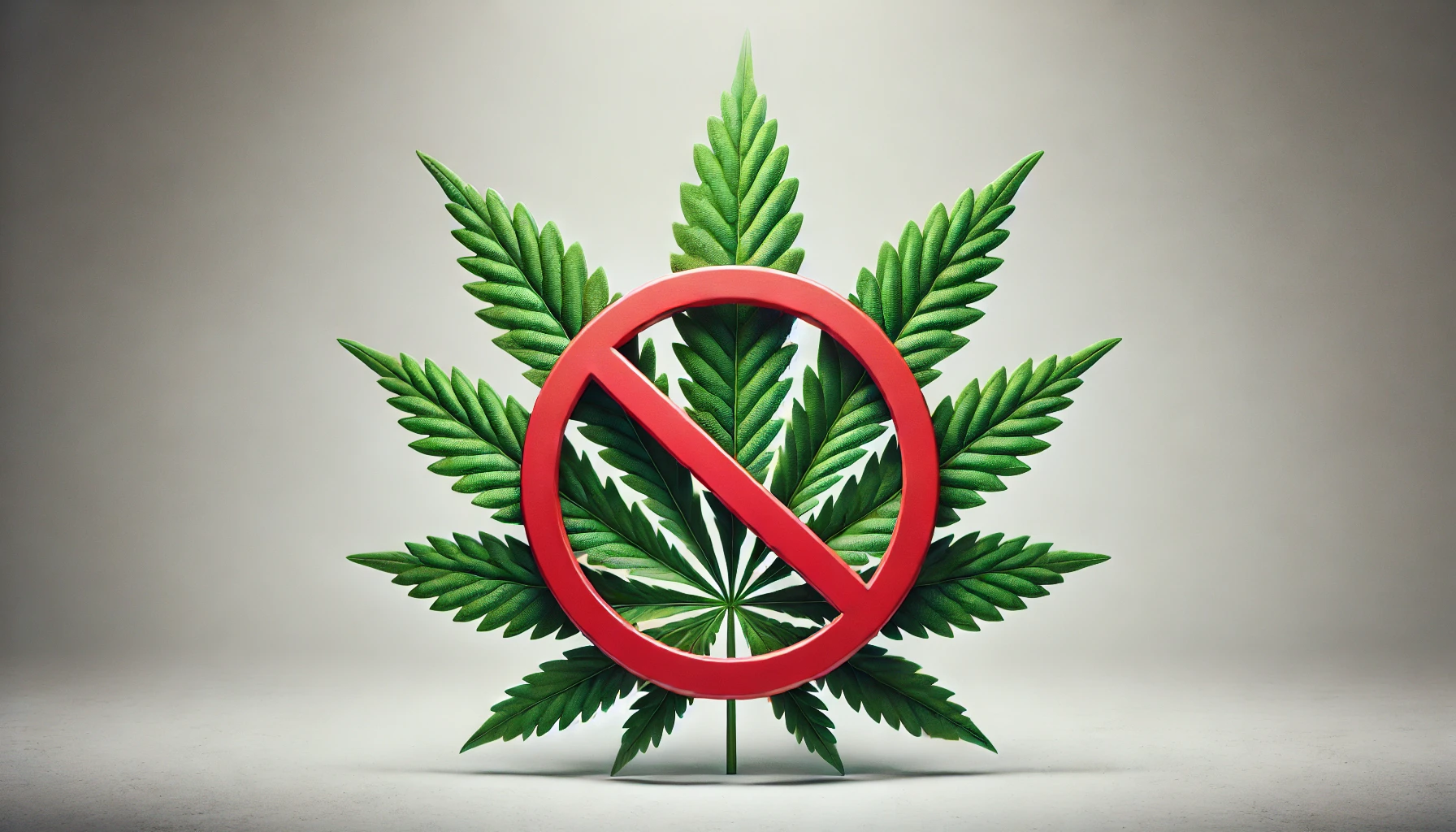[[{“value”:”
Former hemp farmers are switching to corn, and larger players are leaving Italy altogether as its once-thriving hemp and CBD industry is battered by the hard-line government.
Nevertheless, there is some optimism that last month’s ‘emergency’ court decision equating industrial hemp to high-THC cannabis can be overturned.
And, efforts are underway to counter Italy’s determination that CBD is a narcotic, contrary to the position of the European Union, of which Italy is a key member.
The hemp and CBD industry is reeling from the downstream effects of the Georgia Meloni government.
‘A terrible development for the industry’
Italian national Lorenza Romanese, Managing Director of the European Industrial Hemp Association (EIHA), says last month’s decision to force through revisions to Article 18 of Italy’s Security Bill, which equates industrial hemp flowers with high-THC cannabis, has been a ‘terrible development for the industry’.
“CBD has been banned, and flowers have been banned, and this also implicitly means the seed market in Italy is gone. If you cannot have the flower, then you cannot have the seeds,” she told Business of Cannabis.
This decision has prompted all of the Italian regions to coordinate a written response to the Government requesting a revision of Article 18.
In a press release, Venetian Regional Councillor for Agriculture Federico Caner, speaking on behalf of the Agricultural Policy Commission of the Conference of Regions, called for a Government rethink.
It has requested that Francesco Lollobrigida, Italy’s Minister of Agriculture, re-evaluate the revision of Article 18.
Mr Caner said: “All the representatives of the Regions found themselves unanimously recognising that the Security Decree puts the hemp sector in difficulty, which in Italy has 3,000 companies with 30,000 employees, 500 million in turnover and 90% exports.
“We want to find a solution together with the government that allows farmers, certified and with quality production, to keep the supply chain alive, balancing the legislator’s legitimate concern for public safety with the investments made over time by companies and with the public funding granted to the supply chain.”
On this particular issue, which will not be in force until July this year, Ms Romanese believes there are some grounds for optimism, based on the misplaced nature of the legislation, sitting, as it does, alongside other issues such as immigration and prisons.
She said: “This legislation is not fit for purpose. It is the wrong framework for this type of legislation, and this may be resolved by putting the right pressure on the government.
“All of the regions of Italy have written to the Minister for Agriculture expressing their objections, and I am optimistic that we will find a way forward.
“There is the possibility of some amendments due the the pressure which is now being applied by all of the regions.”
A sledgehammer to crack a nut
Ms Romanese is less optimistic about the future of the CBD industry as the Italian government’s decision to legislate on the matter finds succour in the European Commission’s legal framework.
“The EU Directive states that if a product falls within the definition of a medicinal product, but also within the scope of another regulatory framework, the rules of the Medicinal Products Directive shall prevail.
“This means that if a member state determines that a substance like CBD has therapeutic properties, it is entitled to classify and authorise its sale exclusively as a medicine, subject to a marketing authorisation from the competent authority,” she says.
She contends that the Italian government is effectively using a sledgehammer to crack a nut, with the nut in this case being the ‘cannabis light’ or CBD industry.
“The situation is a disaster. They initially had intended to ban only cannabis light, but as a result of this legislation and actions, they have effectively banned the whole plant.
“The ruling parties do not like cannabis, and they said we are going to ban the drugs, and they have kept their promise to the electorate.”
Industry in ruins
This position is contrary to the EC stance, which was determined in the 2020 KanaVape decision acknowledging that CBD is not a narcotic.
However, Ms Romanese believes that there may be grounds to challenge this status as the government chose to ignore the EU Technical Regulations Information System (TRIS), which is designed to prevent new trade barriers between member states.
In the meantime, though, the industry is under extreme pressure. Ms Romanese added: “We have members who are moving to other countries like the Czech Republic, for example.
“It is the larger companies that are moving away. The smaller ones are fed up with the barriers, and they are turning to corn, and, as a result, the hectares will decrease, and the sector will no longer grow.
“They have not got the time or money to spend on more court actions; they prefer to go elsewhere.”
“}]] Former hemp farmers are switching to corn, and larger players are leaving Italy altogether as its once-thriving hemp and CBD industry is battered by the hard-line government. Read More


